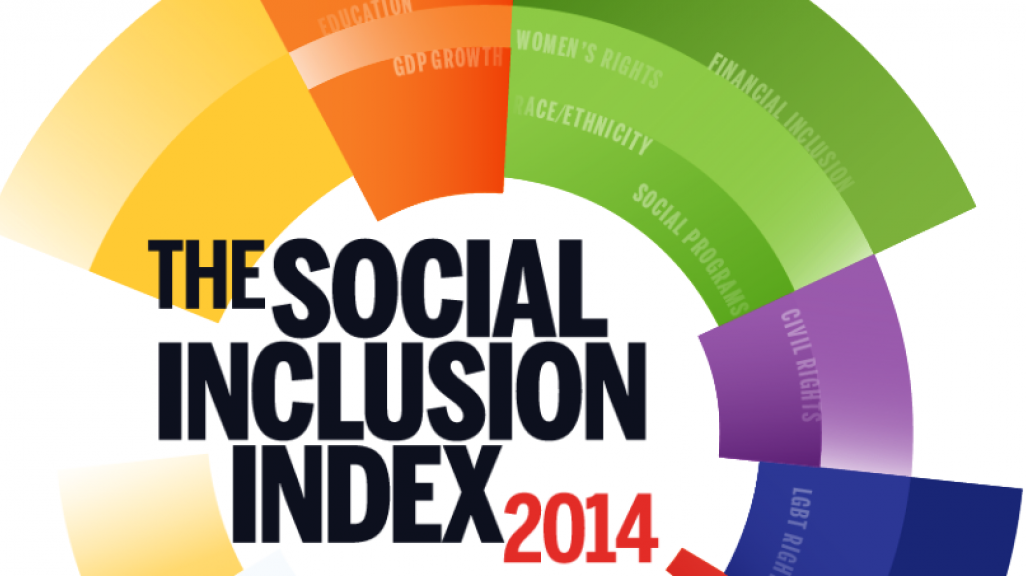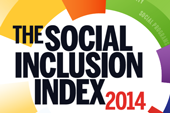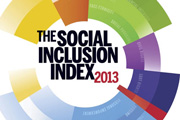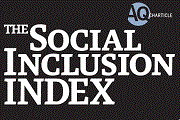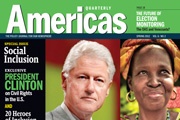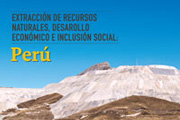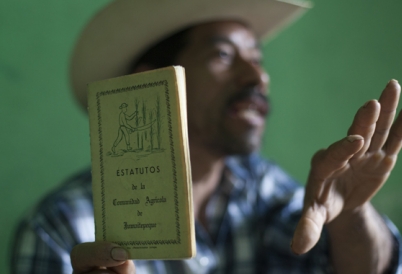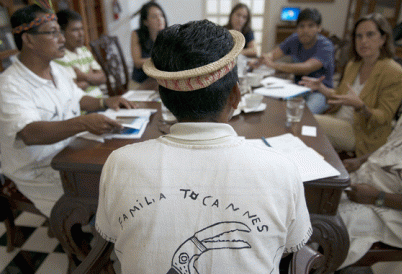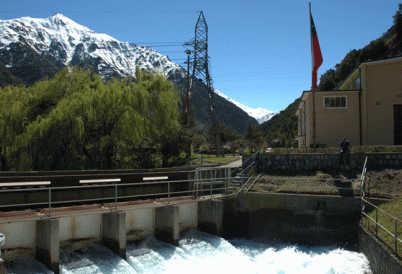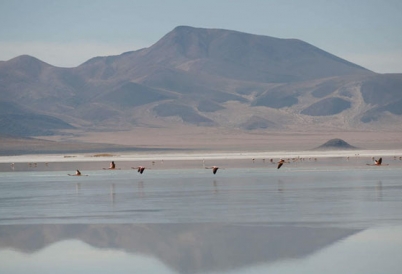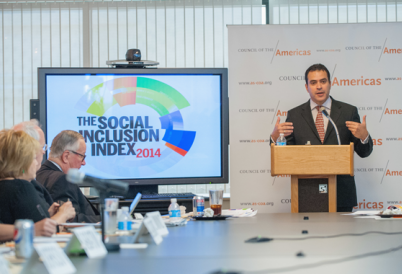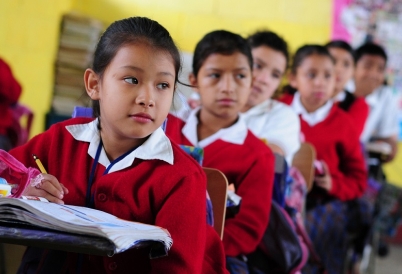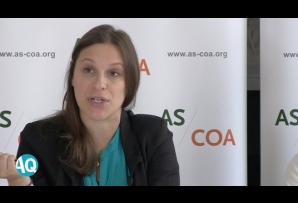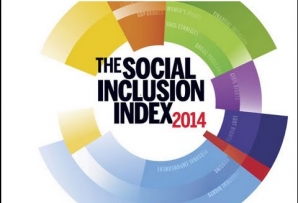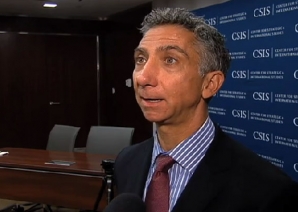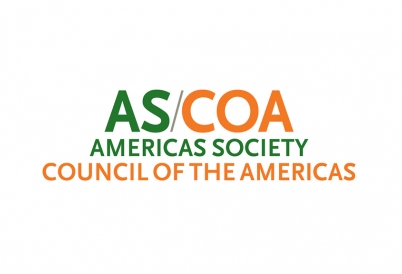Social Inclusion Initiative
Social Inclusion Initiative
The Social Inclusion initiative was launched in 2010 to analyze and address the systemic problem of social, economic, and political exclusion throughout the Western Hemisphere.
With funding from the Ford Foundation, Americas Society, leveraging its relationship with Council of the Americas, aims to strengthen the representation of marginalized groups by coordinating new research and promoting fresh debate on how the public and private sectors can create more inclusive societies in the region. The Social Inclusion initiative involves in-country research, white papers, dedicated issues of Americas Quarterly, and high-level private roundtable meetings and public conferences on topics of inclusion.
The research conducted during the first year of the initiative resulted in white papers on social inclusion in health care, education and youth and market access. For each topic, AS convened roundtables with high-level public and private sector officials to discuss the results and initiatives in these areas.
The second year of research focuses on how to promote labor market access for disadvantaged youth and the policy outcomes of increased political representation of indigenous populations and Afro-Latinos across several countries. Through Americas Quarterly and Americas Society’s website (www.as-coa.org), the initiative will enlist bloggers from new communities to engage in interactive discussions on the AQ website (www.americasquarterly.org) and highlight policies and innovations that advance social inclusion.
Americas Quarterly colaboró con investigadores locales en Chile, Colombia, Guatemala y Perú para llevar a cabo estudios sobre inversiones en extracción de recursos naturales en cada país.
A new report examines how investment in natural resource extraction could contribute to development in Peru.
A new report examines how investment in natural resource extraction could contribute to development in Colombia.
A new report examines how investment in natural resource extraction could contribute to development in Chile.
A report explores how investment in natural resource extraction could contribute to broader community and national development in Colombia.
Learn more about Americas Society's Social Inclusion programming.
Read summaries of meetings and roundtable discussions.
- Washington, DC: July 2014. "Is Latin America Becoming More Socially Inclusive?" Americas Quarterly launched the third edition of the Social Inclusion Index. This year’s rankings included two separate indices, one ranking all 17 countries by the 10 variables consistent across all countries, and a second ranking given to nine countries, which had data available for all 21 variables used to measure social inclusion.
- New York: July 2014. "The Perils and Promise of Consulta Previa." AQ launched its issue on tthe challenges of implementing consulta previa (prior consultation) in Latin America. A diverse group of experts from Brazil, Chile, Colombia, Guatemala, and Peru discussed each country’s progress.
- Washington, DC: July 2013. "Americas Quarterly Social Inclusion Index Launch." A pre-publication briefing of AQ's second annual Social Inclusion Index revealed the latest data from 16 countries, measuring access to public and private goods by race/ethnicity and gender, attitudes toward empowerment and government responsiveness, and the protection of basic civil, political, and human rights.
- New York: June 2013. "Mining and Community Rights: Does Consulta Previa Promise Peace or Conflict?" A group of experts spoke about ongoing efforts to improve the framework for the practice of consulta previa, or community consultation, in cases of natural resource investment.
- New York: February 2013. "Natural Resource Extraction: Where Are We Heading?" AS/COA hosted a public panel to discuss the global geopolitical outlook of natural resources and the approaches toward sustainable extractive activity with respect to governance and the environment.
- New York: November 2012. "Measuring Social Inclusion and Quality of Life Beyond GDP." This public panel featured keynote speaker former UN Under-Secretary-General José Antonio Ocampo and explored the increasingly popular practice of formulating indices to measure social inclusion and track quality of life.
- New York: February 2012. “Social Inclusion: Defining and Measuring the Concept.” As a precursor to the Spring 2012 issue of Americas Quarterly dedicated to social inclusion, this panel addressed the need to develop comprehensive measures of social inclusion, taking into account income inequality, unemployment and the skills gap, access to education, health care and affordable housing, and work-life balance.
- Lima: November 2011. “Responsible Investment and Social Inclusion.” As part of the annual Latin Americas Cities Conference in Lima, Americas Society/Council of the Americas convened a panel with several private companies to discuss opportunities for cross-sector collaboration to improve inclusion in education, health care and gender equality.
- New York: May 2011. “Youth Employment in the Americas: Challenges and Prospects.” Americas Society hosted a panel with public- and private-sector experts to discuss employment issues and strategies to reduce the barriers young adults face in entering the job market. The panel also served as the launch of the Taking Youth to Market: Expanding Formal Labor Market Access through Public-Private Collaboration white paper.
- Mexico City: April 2011. “Public-Private Collaboration to Expand Health Care Access in Mexico.” Americas Society partnered with Pfizer Inc. to a host a discussion on how cross-sector collaboration in the design and implementation of targeted health programs can lead to greater buy-in and improved scalability and sustainability.
- Rio de Janeiro: February 2011. "Social Inclusion and the Next Generation: Building Opportunities for At-risk Youth." Americas Society partnered with Viva Rio—a Rio de Janeiro-based nongovernmental organization—to host a discussion on how government and civil society in Rio de Janeiro can create opportunities for at-risk youth, especially in crime-ridden and pacified areas.
- Miami: February 2011. "Education Policy and Reform in Latin America: Innovation, Inclusion, and Public-Private Partnerships." In partnership with Miami Dade College and the City of Miami, this discussion looked at education innovations in Panama and best practices for creating effective partnerships between the public and private sectors to promote the inclusion of traditionally marginalized populations.
- Bogotá: February 2011. "Expanding Youth Access to Formal Labor Markets through Public-Private Collaboration." In collaboration with Instituto Ciencia Política, Americas Society hosted a roundtable discussion to explore ways that governments, the private sector, NGOs, and multilateral institutions can collaborate to expand formal labor market access for disadvantaged Colombian youth.
- New York: December 2010. "Health Care in the Americas: Public-Private Efforts to Increase Access." This discussion revolved around such key questions as the importance of investing in the base of the pyramid, the challenges and successes of public and private sector practices, and the role of technology in bringing health care to excluded groups.
- New York: December 2010. "Americas Quarterly Fall 2010 Launch: Access to Education - Who Has It and Why Does It Matter?" Panelists discussed innovations in education, the role of the private sector, how to close the inequality gap, ways to measure educational performance, and the effects of education on democracy in the region.
- Miami: October 2010. "Americas Quarterly Launch: How Business and Technology Are Expanding Access to Health Care." This discussion centered on the health care sector’s changing landscape with a focus on Mexico, the effect of technology use on health care access, and the importance of inter-sectoral collaboration and partnerships in harnessing technology’s potential.
- New York: June 2010. "Educational Reform in the Americas: Increasing Access and Quality through Public-Private Partnerships." This program explored the role of public-private partnerships (PPPs) in expanding access to primary, secondary, and post-secondary, education with a focus on the Dominican Republic and Panama.
Colombia mejora en el Índice de Inclusión Social 2014 de Americas Quarterly. Christoper Sabatini de AS/COA identifica los cambios y variables más importantes.
Americas Quarterly’s Social Inclusion Index demonstrates the causes fueling the Central American migrant crisis, writes AS/COA’s Christopher Sabatini for U.S. News & World Report.
O Brasil registrou leve queda no ranking do Índice de Inclusão Social da Americas Quarterly diante da desaceleração do crescimento econômico.






